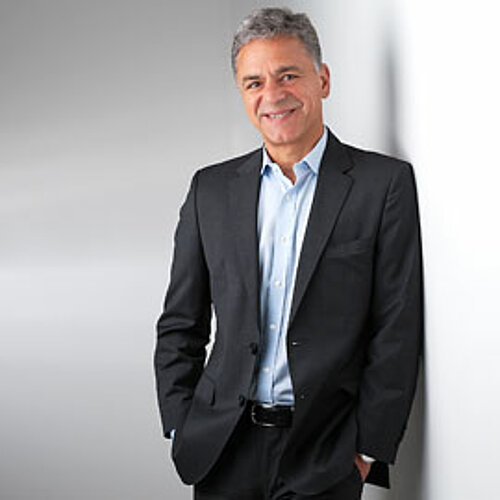
Robert Bosch was a German industrialist, engineer and inventor, founder of Robert Bosch GmbH, a multinational engineering and technology company. Bosch is 92% owned by Robert Bosch Stiftung, a charitable institution.
Before the 19th century ended, Bosch expanded his operations beyond Germany. The company established a sales office in the UK in 1898, and other European countries soon after. By 1913, the company had branch operations in America, Asia, Africa, and Australia, and was generating 88% of its sales outside Germany. In rapid succession in the years following the First World War, Bosch launched innovations for the motor vehicle, including diesel fuel injection in 1927. In the 1920s the global economic crisis caused Bosch to begin a rigorous program of modernization and diversification in his company. In only a few years' time, he succeeded in turning his company from a small automotive supplier into a multinational electronics group.
From the beginning, Bosch was greatly concerned about promoting occupational training. Prompted by his awareness of social responsibility, he was one of the first industrialists in Germany to introduce the eight-hour workday, followed by other social benefits for his associates. Robert Bosch did not wish to profit from the armaments contracts awarded to his company during WWI. Instead, he donated several million German marks to charitable causes. A hospital that he gave to the city of Stuttgart opened in 1940.
In the 1920s and 1930s, Robert Bosch was politically active. As a liberal businessman, he sat on a number of economic committees. He devoted a great deal of energy and money to the cause of bringing about reconciliation between Germany and France.[2] He hoped this reconciliation would bring about lasting peace in Europe and lead to the creation of a European economic area.
